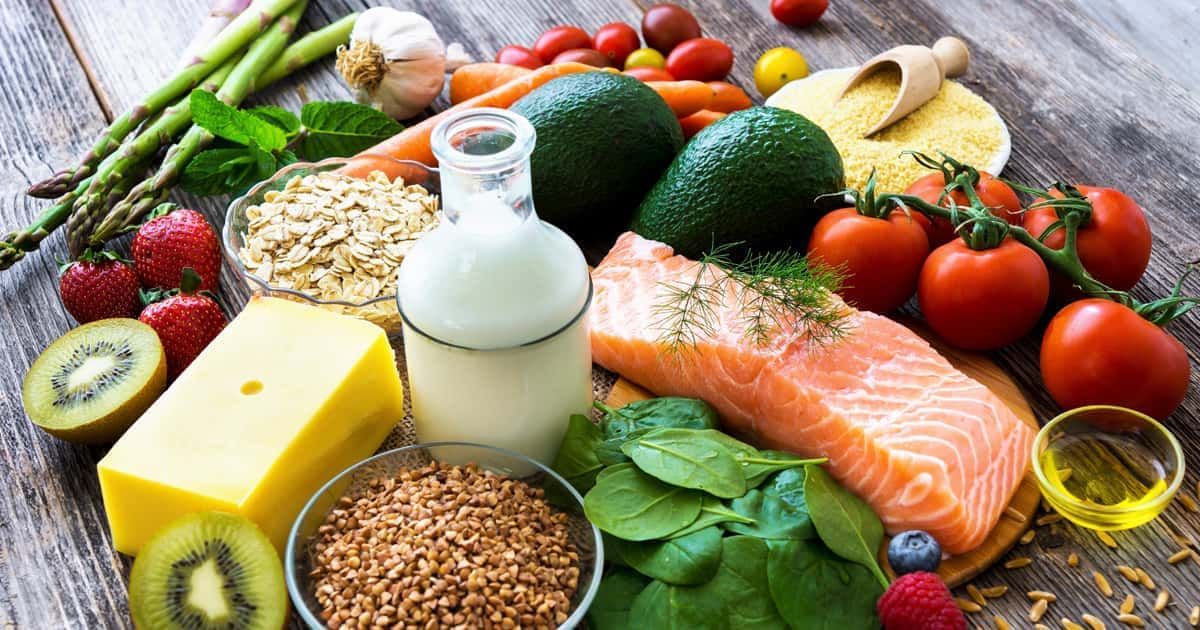Pantothenic Acid - Vitamin B5
Pantothenic Acid - Vitamin B5
Pantothenic acid also known as vitamin B5 is an essential nutrient that is naturally present in some foods, added to others, and available as a dietary supplement. The main function of this water-soluble B vitamin is in the synthesis of coenzyme A (CoA) and acyl carrier protein. CoA is essential for fatty acid synthesis and degradation, transfer of acetyl and acyl groups, and a multitude of other anabolic and catabolic processes]. Acyl carrier protein’s main role is in fatty acid synthesis.
A wide variety of plant and animal foods contain pantothenic acid. About 85% of dietary pantothenic acid is in the form of CoA or phosphopantetheine. These forms are converted to pantothenic acid by digestive enzymes (nucleosidases, peptidases, and phosphorylases) in the intestinal lumen and intestinal cells. Pantothenic acid is absorbed in the intestine and delivered directly into the bloodstream by active transport (and possibly simple diffusion at higher doses). Pantetheine, the dephosphorylated form of phosphopantetheine, however, is first taken up by intestinal cells and converted to pantothenic acid before being delivered into the bloodstream. The intestinal flora also produce pantothenic acid, but its contribution to the total amount of pantothenic acid that the body absorbs is not known. Red blood cells carry pantothenic acid throughout the body. Most pantothenic acid in tissues is in the form of CoA, but smaller amounts are present as acyl carrier protein or free pantothenic acid.
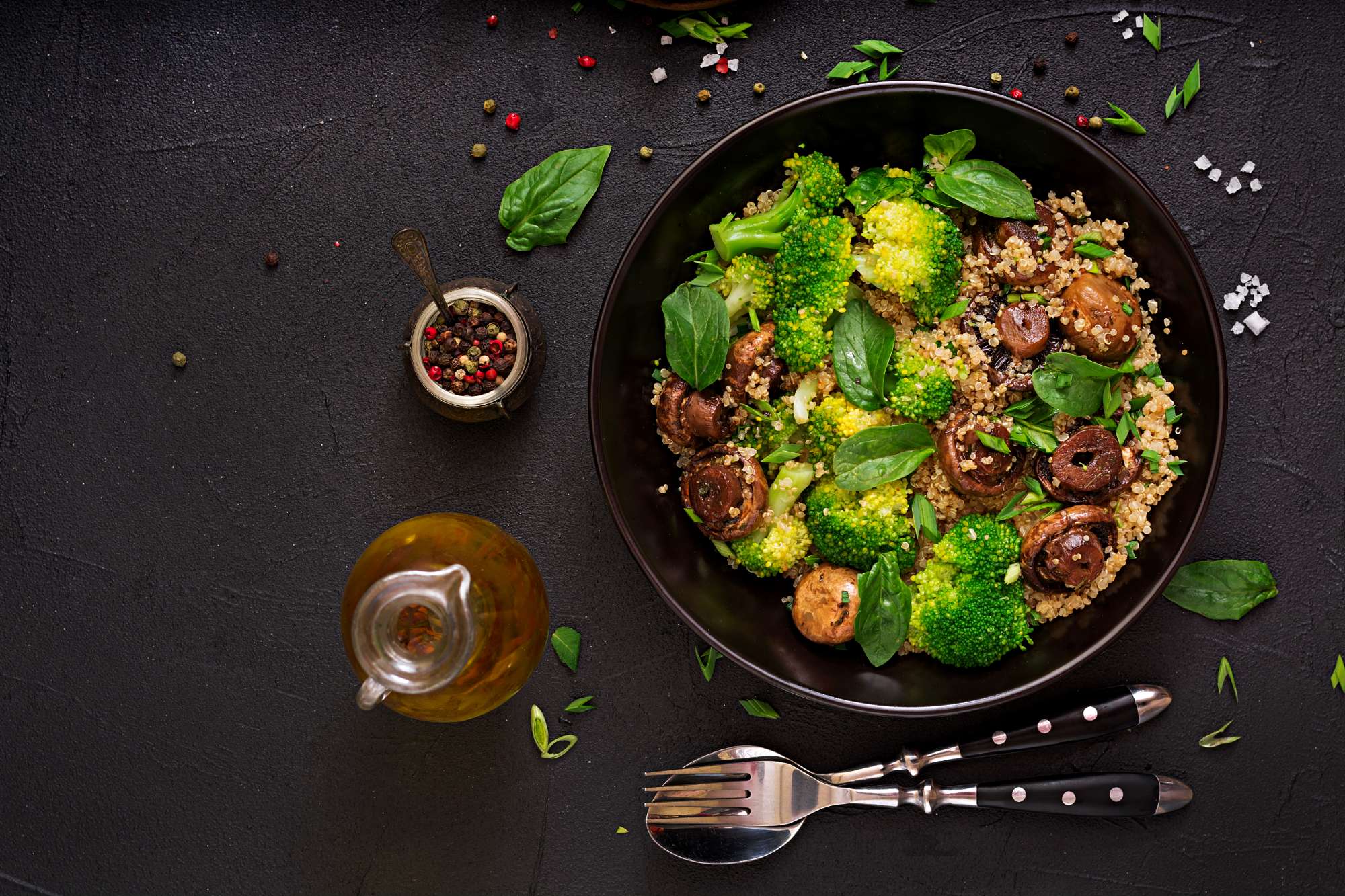
Pantothenic acid status is not routinely measured in healthy people. Microbiologic growth assays, animal bioassays, and radioimmunoassays can be used to measure pantothenic concentrations in blood, urine, and tissue, but urinary concentrations are the most reliable indicators because of their close relationship with dietary intake. With a typical American diet, the urinary excretion rate for pantothenic acid is about 2.6 mg/day. Excretion of less than 1 mg pantothenic acid per day suggests deficiency. Like urinary concentrations, whole-blood concentrations of pantothenic acid correlate with pantothenic acid intake, but measuring pantothenic acid in whole blood requires enzyme pretreatment to release free pantothenic acid from CoA. Normal blood concentrations of pantothenic acid range from 1.6 to 2.7 mcmol/L, and blood concentrations below 1 mcmol/L are considered low and suggest deficiency. Unlike whole-blood concentrations, plasma levels of pantothenic acid do not correlate well with changes in intake or status.

Recommended Amounts
The amount of pantothenic acid you need depends on your age and sex. Average daily recommended amounts are listed below in milligrams (mg).
- Birth to 6 months: 1.7 mg
- Infants 7–12 months: 1.8 mg
- Children 1–3 years: 2 mg
- Children 4–8 years: 3 mg
- Children 9–13 years: 4 mg
- Teens 14–18 years: 5 mg
- Adults 19 years and older: 5 mg
- Pregnant teens and women: 6 mg
- Breastfeeding teens and women: 7 mg

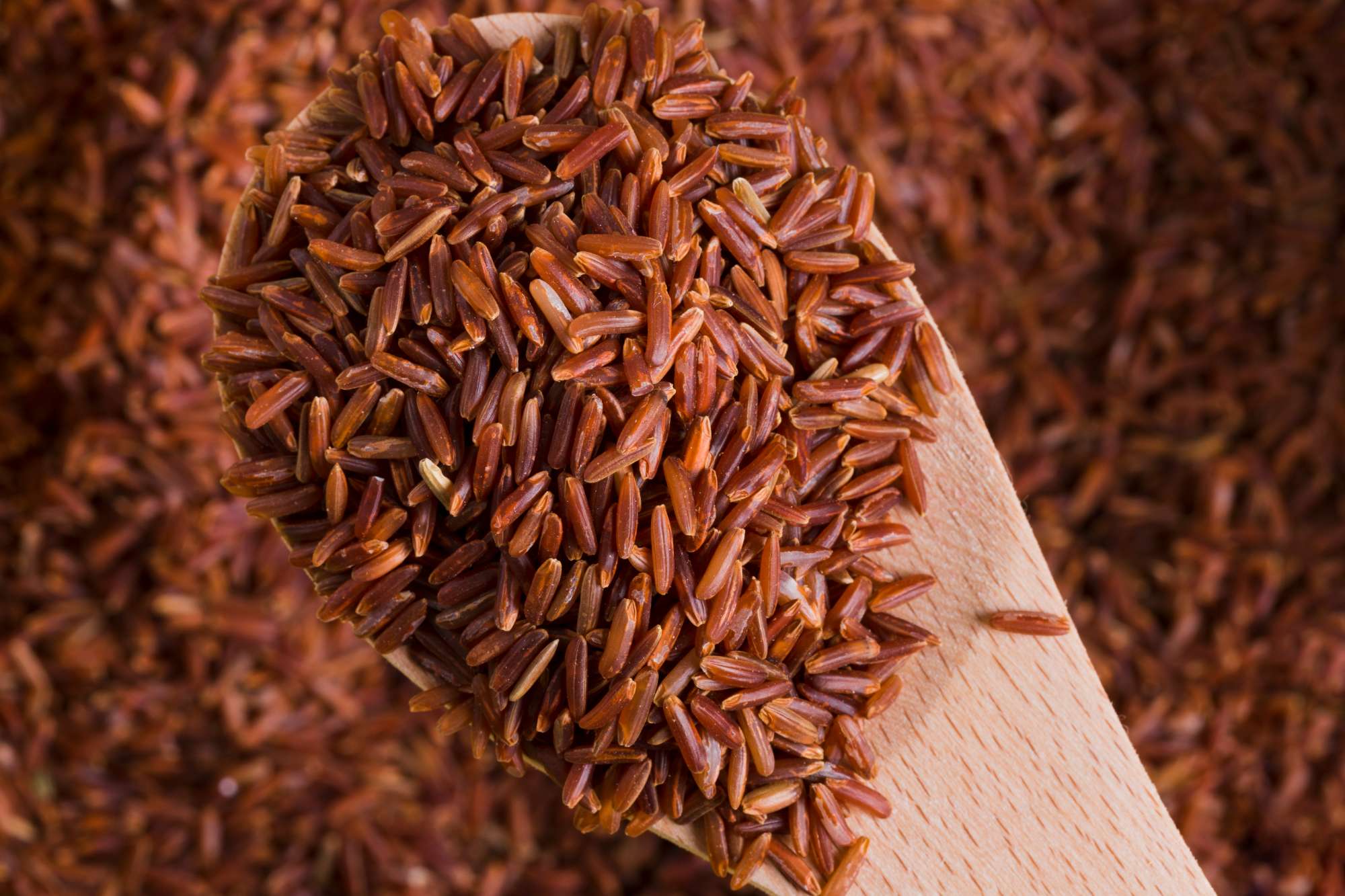
How harmful is if excess?
A toxic level of pantothenic acid has not been observed from food sources. With very large daily doses of 10 grams a day, stomach upset or mild diarrhea has been reported. However, this is rare and a tolerable upper intake level for pantothenic acid has not been established.
What happens if deficiency?
Because pantothenic acid is found in a wide variety of foods, a deficiency is rare except in people who have other nutrient deficiencies, as seen with severe malnutrition. Other rare cases are seen in persons with genetic mutations in which pantothenic acid cannot be metabolized. Symptoms of deficiency may include:
- Headache
- Fatigue
- Irritability, restlessness
- Disturbed sleep
- Nausea, vomiting, stomach cramps
- Numbness or burning sensation in hands or feet
- Muscle cramps.
.jpg)
Who has a risk of Pantothenic Acid Inadequacy
People with a pantothenate kinase-associated neurodegeneration 2 mutation.Pantothenic acid kinase is an enzyme that is essential for CoA and phosphopantetheine production. It is the principle enzyme associated with the metabolic pathway that is responsible for CoA synthesis. Mutations in the pantothenate kinase 2 (PANK2) gene cause a rare, inherited disorder, pantothenate kinase-associated neurodegeneration (PKAN). PKAN is a type of neurodegeneration associated with brain iron accumulation. A large number of PANK2 mutations reduce the activity of pantothenate kinase 2, potentially decreasing the conversion of pantothenic acid to CoA and thus reducing CoA levels. The manifestations of PKAN can include dystonia (contractions of opposing groups of muscles), spasticity, and pigmentary retinopathy. Its progression is rapid and leads to significant disability and loss of function. Treatment focuses primarily on reducing symptoms. Whether pantothenate supplementation is beneficial in PKAN is not known, but some anecdotal reports indicate that supplements can reduce symptoms in some patients with atypical PKAN.
Food Sources
Pantothenic acid is found in almost all plant and animal foods to some degree, because the vitamin is found in all living cells. The best sources are beef, chicken breast, organ meats such as liver and kidney, fortified cereals, egg, dairy milk, yogurt and some vegetables such as mushrooms, avocados, broccoli, potatoes, brown rice, oats, nuts, seeds.

Pantothenic Acid and Health
HyperlipidemiaBecause of pantothenic acid’s role in triglyceride synthesis and lipoprotein metabolism, experts have hypothesized that pantothenic acid supplementation might reduce lipid levels in patients with hyperlipidemia.
Several clinical trials have shown that the form of pantothenic acid known as pantethine reduces lipid levels when taken in large amounts, but pantothenic acid itself does not appear to have the same effects. A 2005 review included 28 small clinical trials (average sample size of 22 participants) that examined the effect of pantethine supplements (median daily dose of 900 mg for an average of 12.7 weeks) on serum lipid levels in a total of 646 adults with hyperlipidemia. On average, the supplements were associated with triglyceride declines of 14.2% at 1 month and 32.9% at 4 months. The corresponding declines in total cholesterol were 8.7% and 15.1%, and for low-density lipoprotein (LDL) cholesterol were 10.4% and 20.1%. The corresponding increases in high-density lipoprotein (HDL) cholesterol were 6.1% and 8.4%.
A few additional clinical trials have assessed pantethine’s effects on lipid levels since the publication of the 2005 review. A double-blind trial in China randomly assigned 216 adults with hypertriglyceridemia (204–576 mg/dl) to supplementation with 400 U/day CoA or 600 mg/day pantethine. All participants also received dietary counseling. Triglyceride levels dropped by a significant 16.5% with pantethine compared with baseline after 8 weeks. Concentrations of total cholesterol and non-HDL cholesterol also declined modestly but significantly from baseline. However, these declines might have been due, at least in part, to the dietary counseling that the participants received.
Two randomized, blinded, placebo-controlled studies by the same research group in a total of 152 adults with low to moderate cardiovascular disease risk found that 600 mg/day pantethine for 8 weeks followed by 900 mg/day for 8 weeks plus a therapeutic lifestyle change diet resulted in small but significant reductions in total cholesterol, LDL cholesterol, and non-HDL cholesterol compared with placebo after 16 weeks. Increasing the amount of pantethine from 600 to 900 mg/day did not increase the magnitude of reduction in the lipid measures.
Additional studies are needed to determine whether pantethine supplementation has a beneficial effect on hyperlipidemia independently of, and together with, eating a heart-healthy diet. Research is also needed to determine the mechanisms of pantethine’s effects on lipid levels.
Compiled and written by Crocus Media
Products
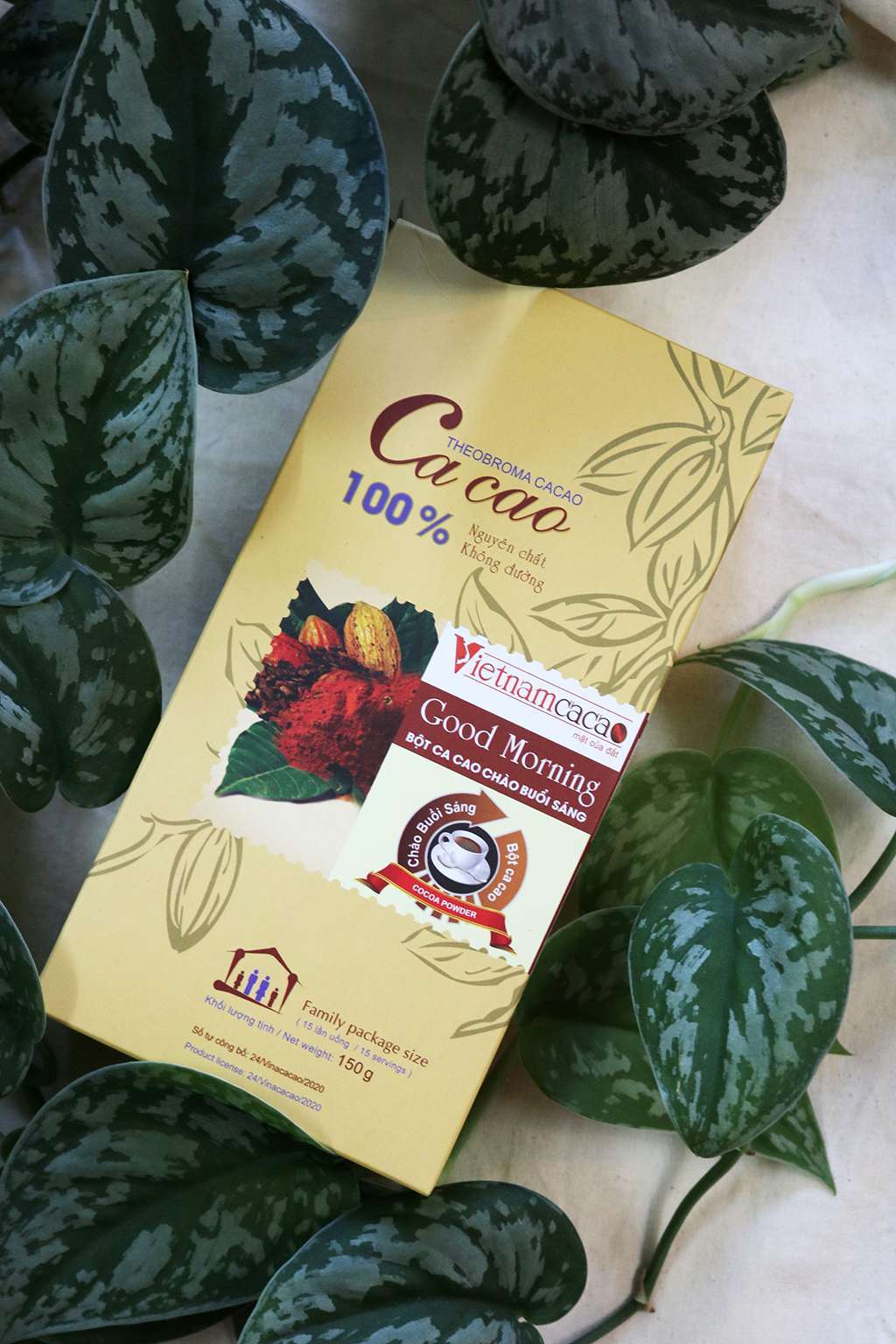
Good morning Cocoa powder
Good Morning Cocoa Powder is a product with no added sugar, low alkaline, rich taste and aroma. The product is suitable for using in the morning.
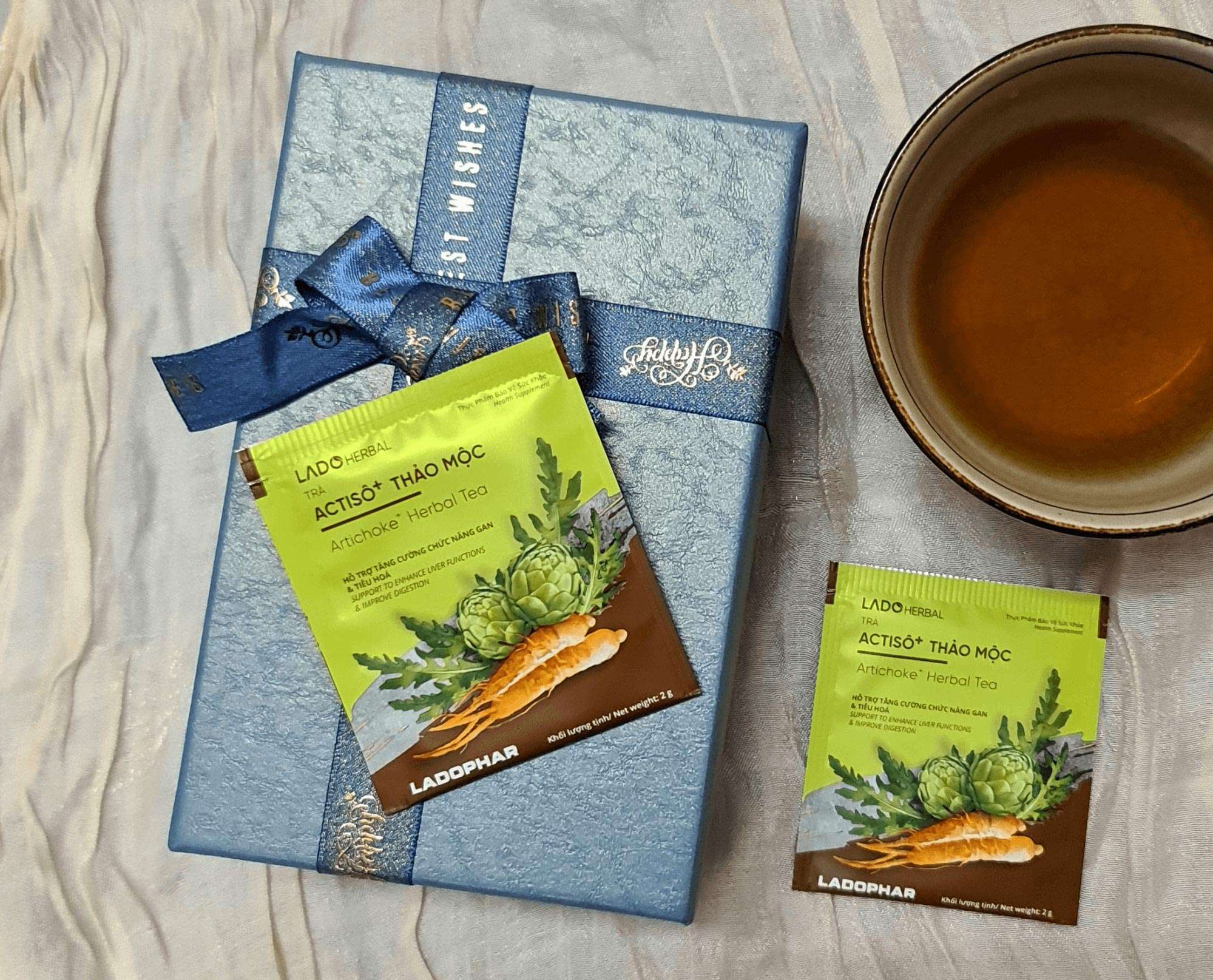
Artichoke Ginseng tea
Artichoke Ginseng tea with simple but urgent benefits, helping to Eat Well and Sleep Well. The benefits are due to the combination of artichokes, liver tonic, Thao Quyet Minh enhances digestion, helps sedation while Party Ginseng nourishes the body, creates red blood cells for blood circulation.
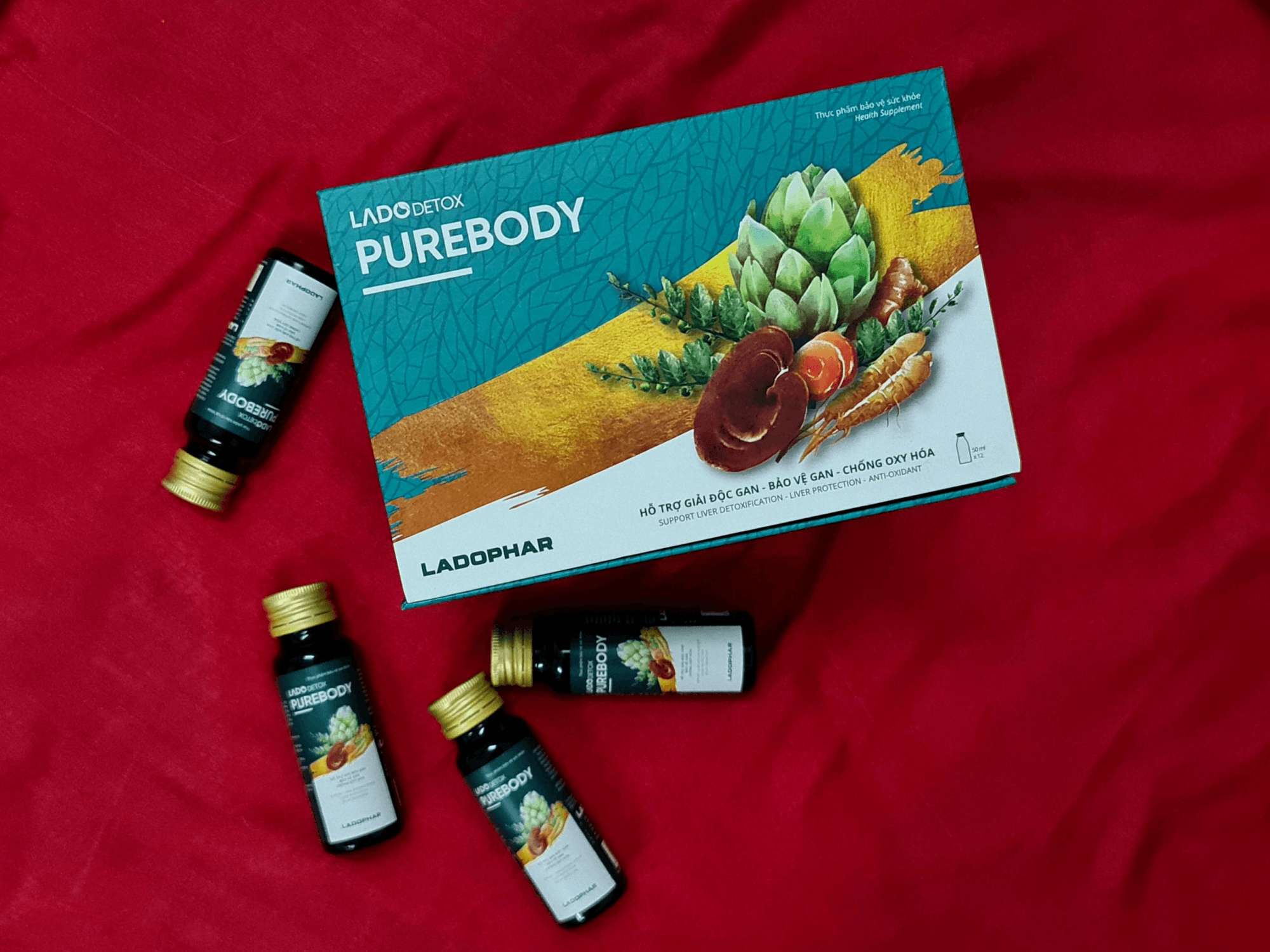
Lado Detox Purebody
Perceived as the breakthrough and comprehensive detox solution, coming from the essence of five precious herbs for health are Artichoke, Phyllanthus urinaria, Lingzhi, Codonopsis javanica and Curcumin help to effectively eliminate toxins and at the same time nurtures body healthy remain youthful.
.jpg)

